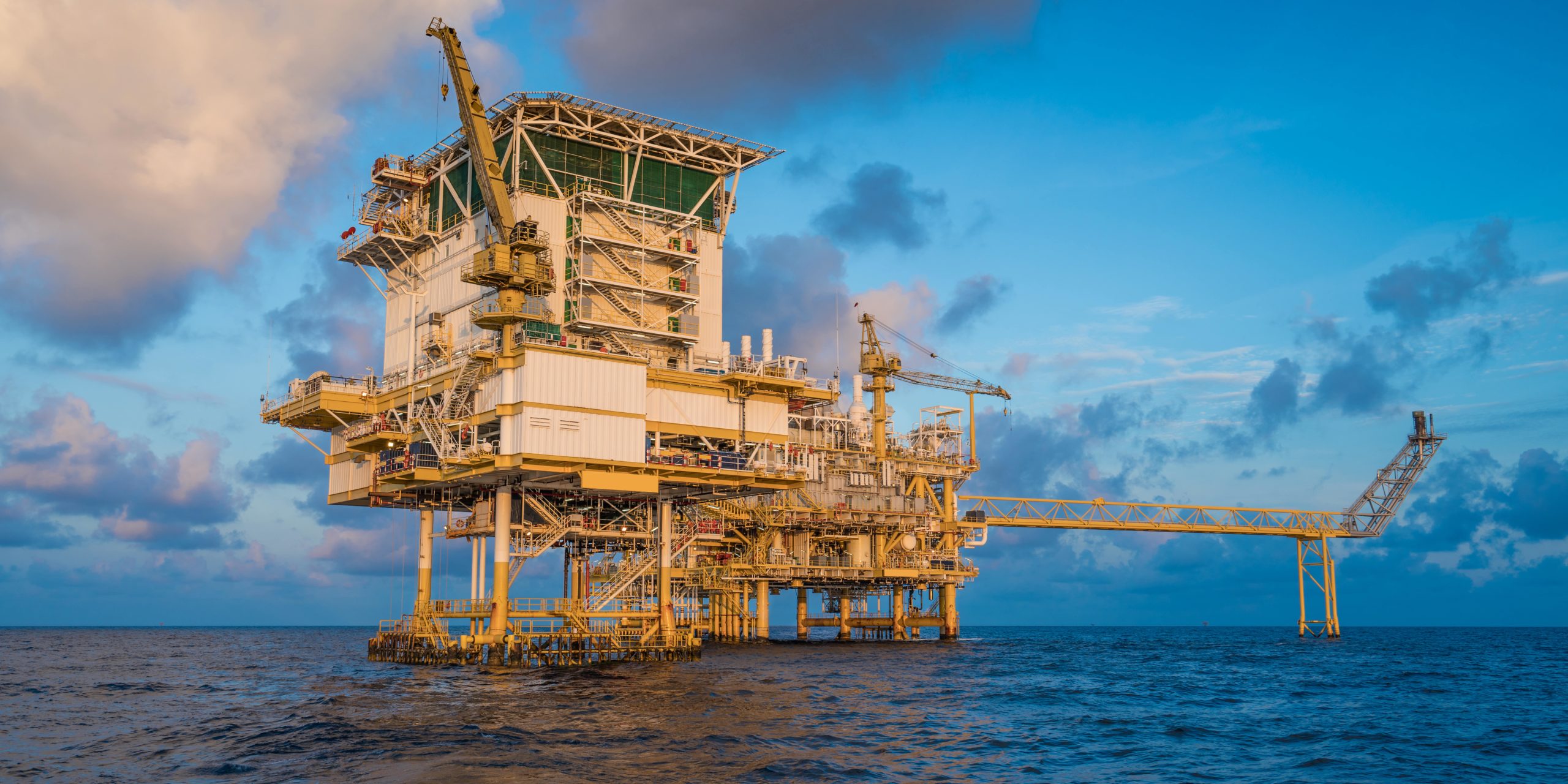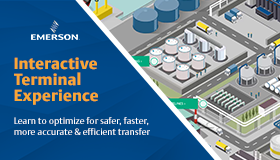ExxonMobil has announced its ambition to achieve net zero greenhouse gas (GHG) emissions for operated assets by 2050, backed by a comprehensive approach to develop detailed emission-reduction roadmaps for major facilities and assets.
The net zero ambition is contained in the company’s Advancing Climate Solutions – 2022 Progress Report, formerly known as the Energy & Carbon Summary. The net zero aspiration applies to Scope 1 and Scope 2 GHG emissions and builds on ExxonMobil’s 2030 emission-reduction plans, which include net zero emissions for Permian Basin operations and ongoing investments in lower-emission solutions in which it has extensive experience, including carbon capture and storage (CCS), hydrogen and biofuels.

The report provides details of how ExxonMobil’s business strategy is resilient when tested against a range of Paris-aligned net zero scenarios, including the UN Intergovernmental Panel on Climate Change’s 2018 Special Report and the International Energy Agency (IEA)’s Net Zero by 2050 scenario.
ExxonMobil’s Outlook for Energy, which is based on current policy and technology trends, continues to be the basis for the company’s business plans and investment decisions. In the Advancing Climate Solutions report, the company outlines how its short and medium-term business plans are adjustable to developments in policy and technology and how it uses signposts and leading indicators to evaluate the need for any changes in future years.
Sound government policies will accelerate the deployment of key technologies at the pace and scale required to support a net zero future. ExxonMobil continues to support an explicit price on carbon to establish market incentives and encourage investments in lower-emissions technologies.
The company is also committed to helping customers reduce their GHG emissions by investing in CCS, hydrogen and biofuels. Bio-based feed and plastic waste streams provide further opportunities for lowering GHG emissions.
To help reach net zero for operated assets by 2050, the company has identified more than 150 potential steps and modifications that can be applied to assets in its upstream, downstream and chemical operations.
Initial actions already underway prioritise energy efficiency measures, methane mitigation, equipment upgrades and the elimination of venting and routine flaring. Further high-impact reduction opportunities include power and steam co-generation and electrification of operations, using renewable or lower-emission power. The company expects to finalise detailed roadmaps that address approximately 90 percent of operations related GHG emissions by the end of 2022, and the remainder will be completed in 2023.
Initial steps to achieve net zero by 2050 are included in the company’s plans to invest more than $15 billion by 2027 on lower-emission initiatives. Policies further accelerating the development and deployment of lower-emission technologies could provide ExxonMobil with additional investment opportunities.
For more information visit corporate.exxonmobil.com















